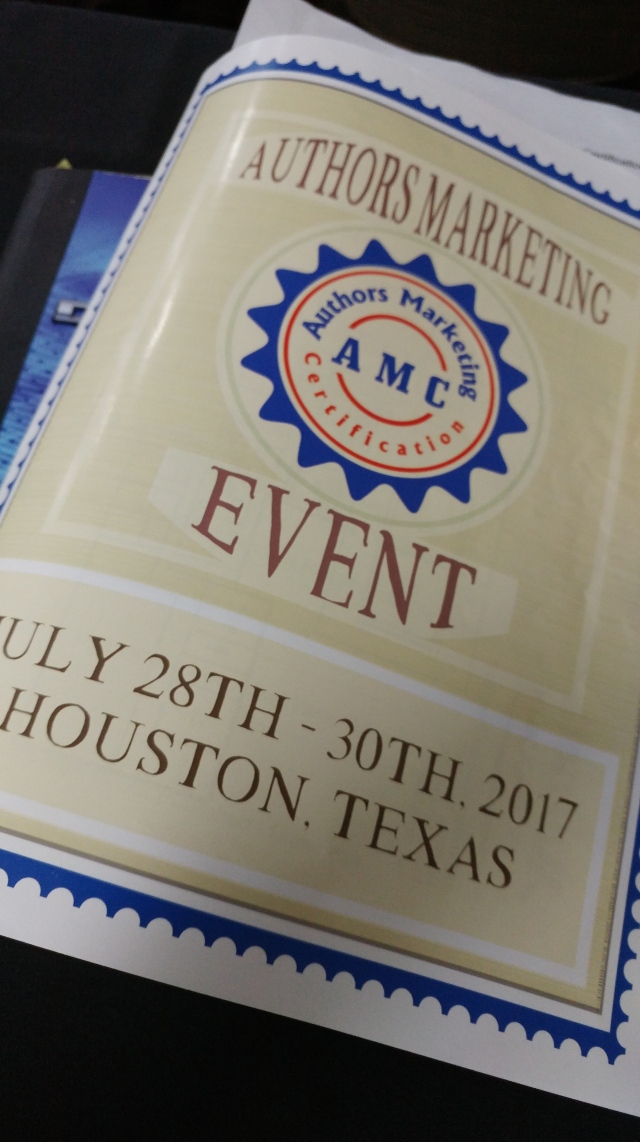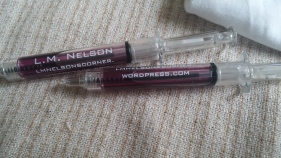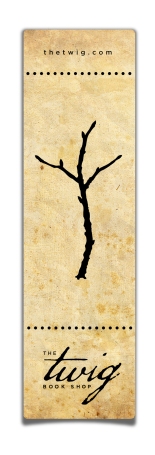
This is the second year I’ve attended the Author’s Marketing Event. Last year, it was in Austin. This year, I made a weekend trip out of it and traveled to Houston. The information I received from these conferences are always insightful, and they help me realize that I’m not alone in the book marketing struggle.
By listening to marketing experts, I’ve discovered three things. One, some things regarding marketing I am very good at. Others, I desperately need to work on. Two, effective marketing requires time and effort. It isn’t something that happens idly. Three, marketing isn’t about selling your book. It’s about selling yourself, which for someone like me who is an introvert and uncomfortable with self-promotion, this is more of a challenge than people may realize.
Marketing is probably the hardest thing to do as an author. It entails much more than just selling your book. In fact, pushing your book at people isn’t marketing. It’s annoying. I don’t know about you, but there is nothing I find more irritating than logging onto Twitter or Facebook and having my feed filled with authors constantly shoving their book in my face and saying “buy my book.” I will be less likely to buy if I see that all the time. Marketing is not about your book at all, it’s about you, and the key to marketing is making connections.
To market effectively, you must be able to interact with people and get them to become interested in who you are. Only then will you generate interest in your book, which might get people interested in buying it. But it all starts with your brand, which is what people say about you when you’re not in the room. Creating your brand involves many things, most of which require you to think outside the box.
- Your book cover(s) represent not only what your story is about, but defines you as an author. You know the old saying, “never judge a book by it’s cover.” But people do. Make the visual aspect something that will attract people’s attention. That’s where your brand begins.
- Your author bio should be about YOU, not about your degrees. Everything listed in your profile should be about who you are, including your profile picture. And your profile picture should be consistent across platforms. Share information and put up links so people can find you. Let people know who you are. At no time should you have to justify yourself.
- Book signings and readings allow potential readers to get to know you personally and make one-on-one connections with you. Reach out to people and let them know where you’re going to be. Make an appearance at events and personalize your encounters. Take a photograph with anyone who buys your book and post it on social media. This will help make connections and establish relationships.
- Attend book festivals and and art fairs and represent yourself well at these events. Create an eye-catching display with layers and interesting items. Make sure the covers of your books are facing outward. Add height and depth to your booth, and dress the part. Get up and talk to people. If you spend the entire event staring at your phone, people will bypass your booth. Mingle, interact. Talk to other authors. We all need to connect with likeminded people, and these events are GREAT for networking.
- Bookmarks and other swag you hand out can say a lot about you. Are you the one handing out candy like every other author does, or are you offering something different? I hand out syringe pens with my website on them. Pens are useful and people will use them. Postcards have little value and usually end up in the trash. Bookmarks have value, as they are useful for people, but if you hand out bookmarks make sure your contact/social media information is on printed on them so people know how and where to connect with you.
- Social media platforms are designed for communication and engagement, not for constant links to your Amazon author page. Share with people. Post interesting information. Comment on other’s posts and retweet things that are important to your followers (look at their pinned tweets). Relationships are important. Use social media for making friends. Contribute to conversations and give to others. Join groups and use hashtags. There are a ton of valuable hashtags for writers. I could spend an entire blog post just on this topic. The point is, let people know you are human. Get yourself out there and give back to people. It helps build your platform and gets your name out there. Marketing experts recommended that you NOT automate your social media platforms. If you do, you become too impersonal and people see you as a robot, not someone they can relate to. Be reachable. Making people verify themselves in order to follow you makes you unreachable to potential readers. Most won’t bother to go through the process. I know I don’t.
- Videos and photos. Practice your sales pitch until you perfect it, then record it on your phone or tablet and put it on your website or social media page(s). Create book trailers, or simply post videos of you living your life–trips to the beach, videos of events you attend, or pictures of your dog. Look for news shows or radio shows that promote authors. Make your site and social media pages visual.
- Get involved in writing organizations, local or otherwise. These groups are valuable in many ways. They can help you improve your writing, connect you with other writers, and members of these groups promote and support each other. Check your local Writer’s Guild, local chapter of RWA, or any other local writing groups. There are also writing groups on Facebook (although some are better than others) and Twitter that you can contribute to. This allows you to connect with other writers. Don’t be afraid to reach out.
- Donations. Work on public relations by donating your books and your time to worthy causes. Offer to guest blog, offer giveaways, speak during school Career Days or other events. I donate books to US troops in remote areas and give to local libraries. I also have a Pinterest page for indie authors, where I offer free promotion. I also retweet other authors on Twitter. It benefits people and exposes readers to authors they might not have otherwise heard of. Offer freebies, donate books, and do things for free, simply because you enjoy doing them.
- Writing books sells books. Don’t neglect writing. The more books you have to sell, the more you will sell. Create variety so potential readers have choices. Afterall, if you don’t have books, you wouldn’t be marketing in the first place.
In short, don’t follow the same pattern everyone else does. Go against what is socially conditioned. Write YOUR book YOUR way, and be who you are are. Your brand = YOU, and that’s what people are “buying.”



 Every author uses business cards, postcards, and bookmarks to promote their books; these items are must-haves. But what can I do that is different? What will draw attention to me and attract people to my table, thus creating potential book sales?
Every author uses business cards, postcards, and bookmarks to promote their books; these items are must-haves. But what can I do that is different? What will draw attention to me and attract people to my table, thus creating potential book sales? Props! Props are great. And since my books are medical-themed, a stethoscope and lab coat will work nicely. Many authors give away free things, like candy and bookmarks, but I recently purchased a bulk supply of syringe pens with my name and website printed on them and I will be giving these away during public events. Every person who stops at my table will get a free syringe pen. How cool is that?
Props! Props are great. And since my books are medical-themed, a stethoscope and lab coat will work nicely. Many authors give away free things, like candy and bookmarks, but I recently purchased a bulk supply of syringe pens with my name and website printed on them and I will be giving these away during public events. Every person who stops at my table will get a free syringe pen. How cool is that?
 Book Cover! Use your book cover to attract people. During signing events, I display a large poster of my book cover. I also have my book cover printed on promotional materials (see coffee mugs above).
Book Cover! Use your book cover to attract people. During signing events, I display a large poster of my book cover. I also have my book cover printed on promotional materials (see coffee mugs above).



